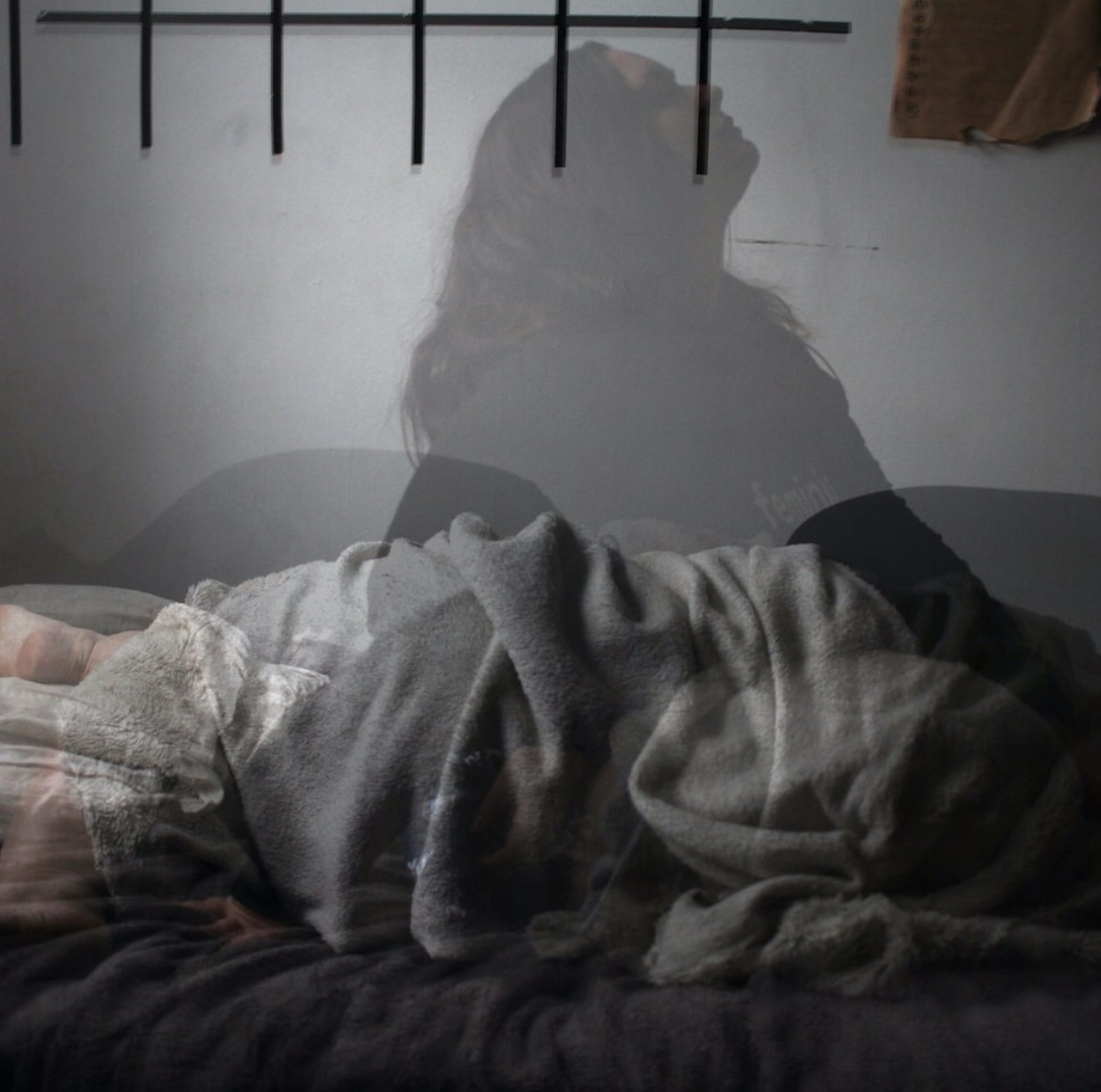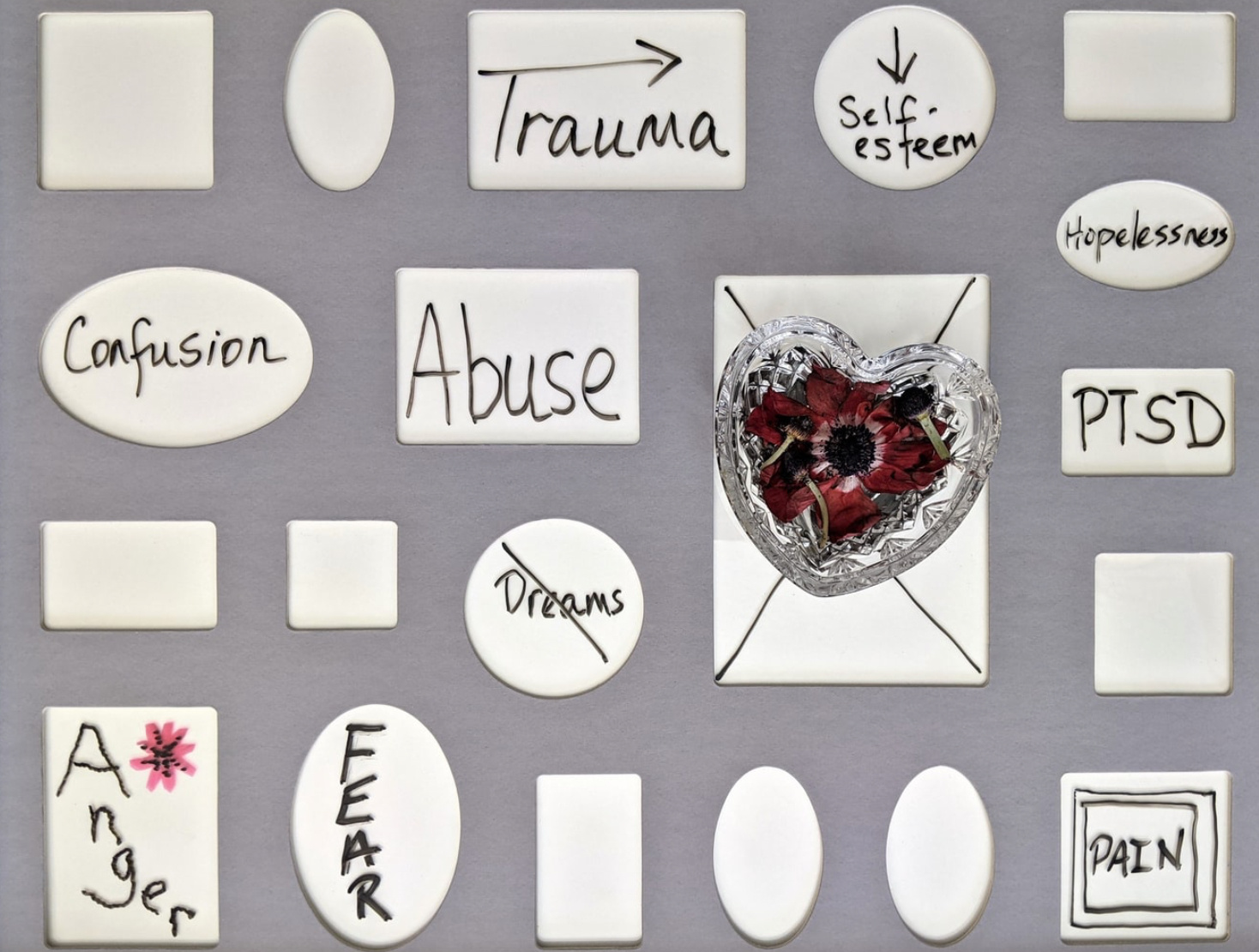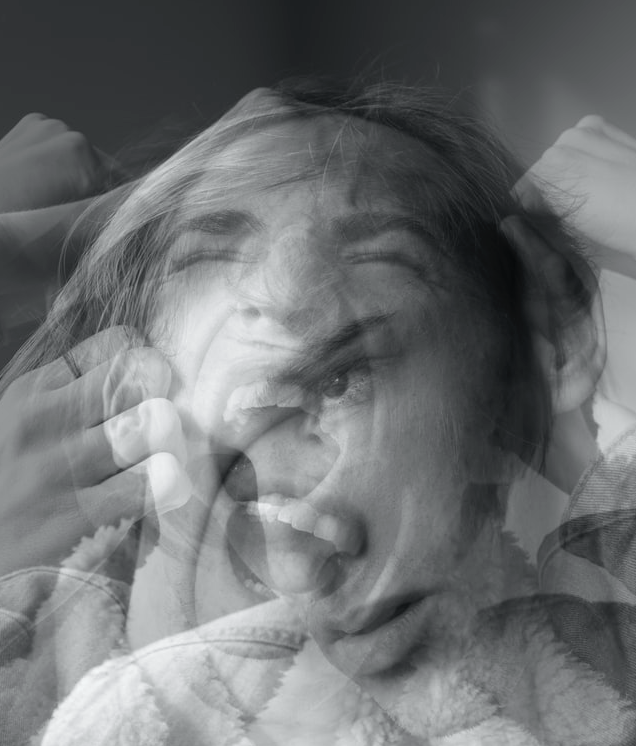
Helping Children and Families Heal Attachment Wounds: Introducing M-MAT
Children who have experienced trauma, especially trauma related to a caregiver leaving them suddenly, can be faced with many related challenges throughout their lives. But, there is hope. New research and types of therapies are beginning to show some promise in helping these children and…





